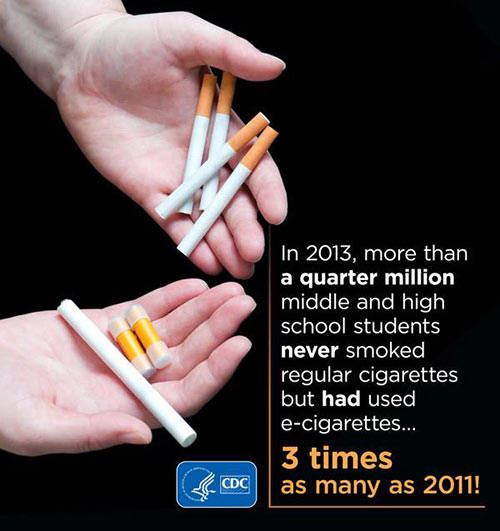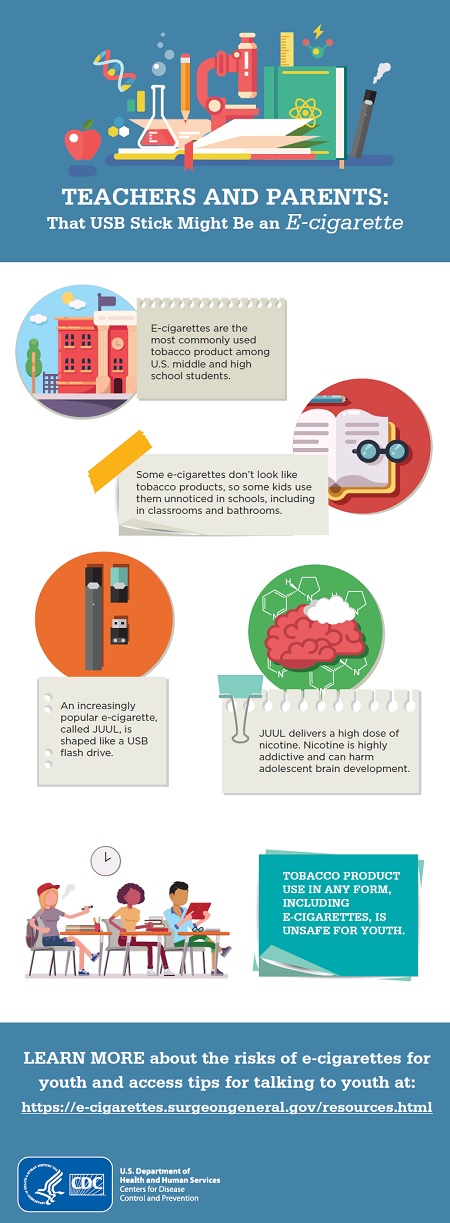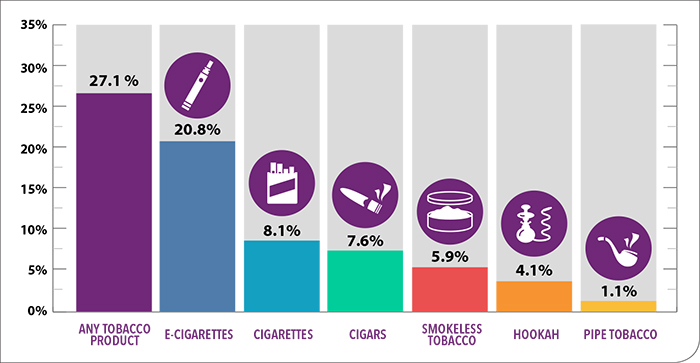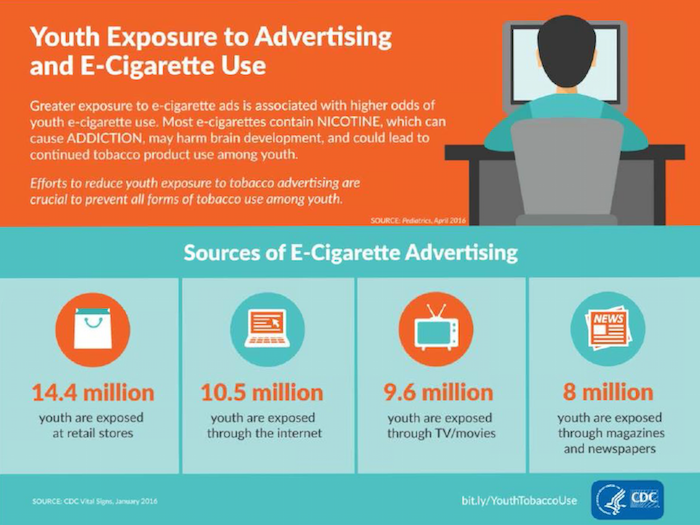Youth Tobacco Use and Vaping Prevention
Tobacco use and smoking do damage to nearly every organ in the human body, often leading to lung cancer, respiratory disorders, heart disease, stroke, and other illnesses. Below are some great resources to help others you may know or yourself with tobacco cessation.
Ways to Quit Smoking
Most former smokers quit without using one of the treatments that scientific research has shown can work. However, the following treatments are proven to be effective for smokers who want help to quit:
Brief help by a doctor (such as when a doctor takes 10 minutes or less to give a patient advice and assistance about quitting)
Individual, group, or telephone counseling
Behavioral therapies (such as training in problem solving)
Treatments with more person-to-person contact and more intensity (such as more or longer counseling sessions)
Programs to deliver treatments using mobile phones
Medications for quitting that have been found to be effective include the following:
Nicotine replacement products
Over-the-counter (nicotine patch [which is also available by prescription], gum, lozenge)
Prescription (nicotine patch, inhaler, nasal spray)
Counseling and medication are both effective for treating tobacco dependence, and using them together is more effective than using either one alone.
More information is needed about quitting for people who smoke cigarettes and also use other types of tobacco.
For more information click here.




